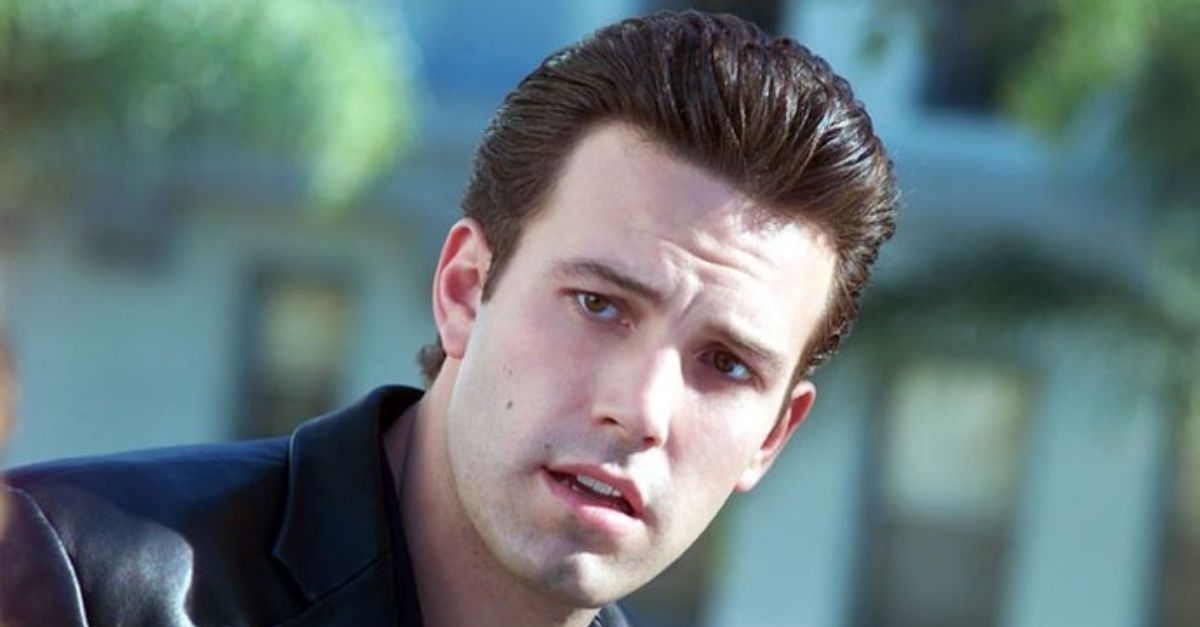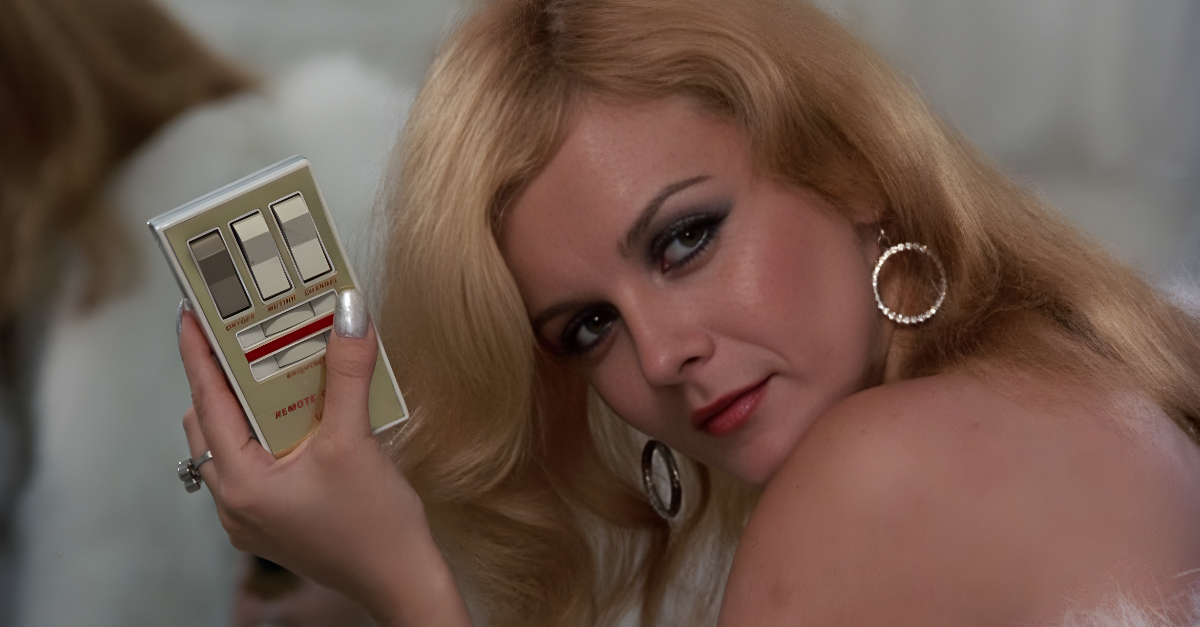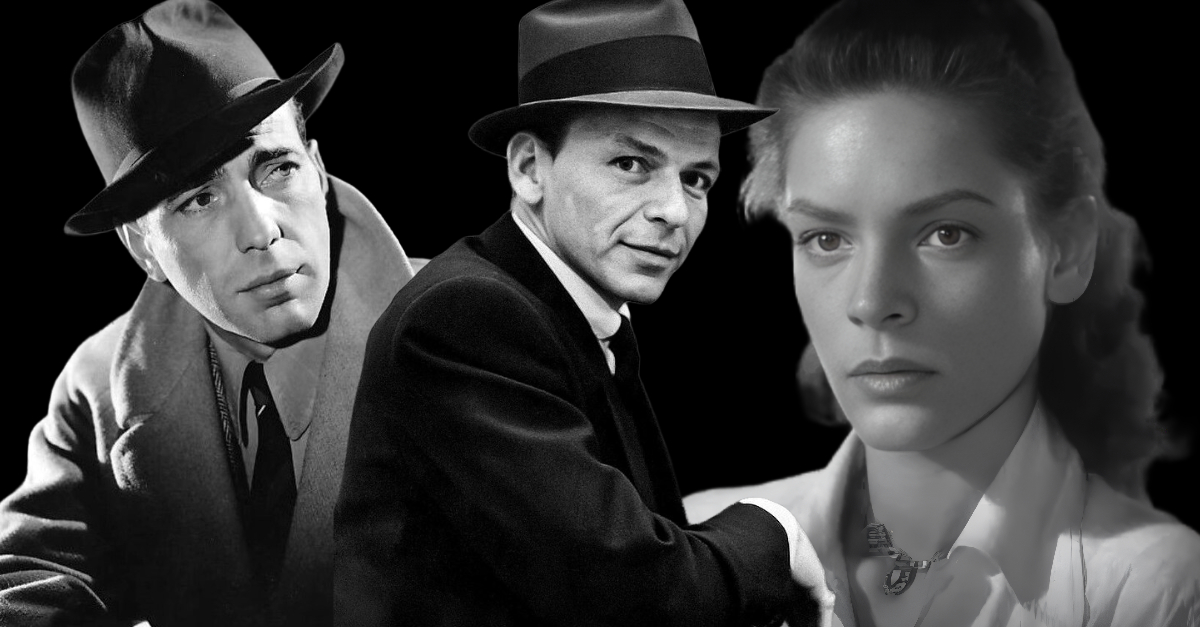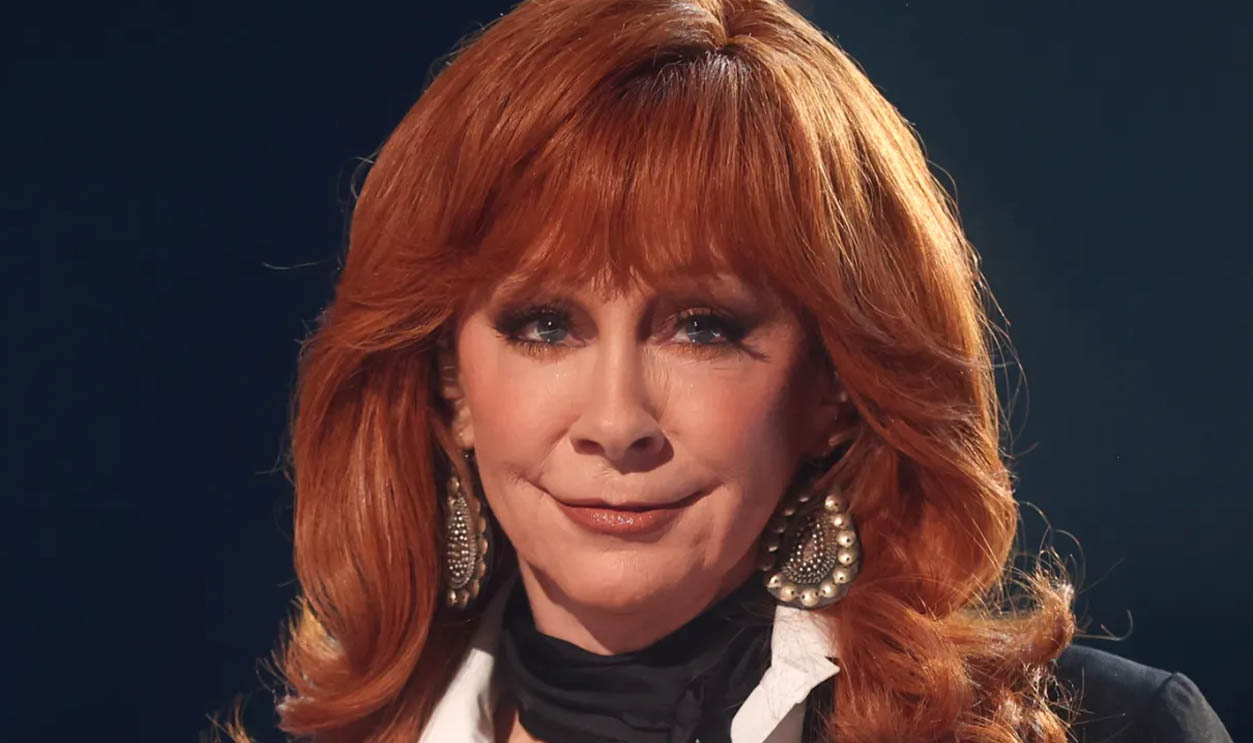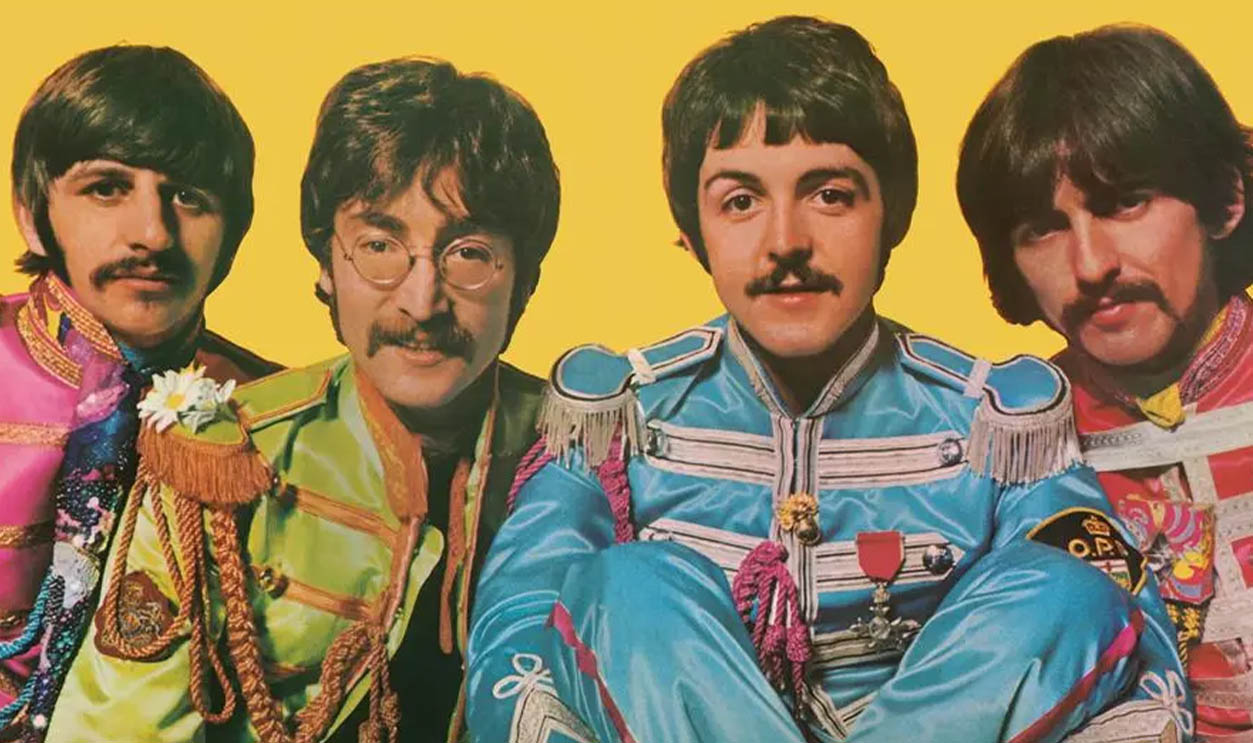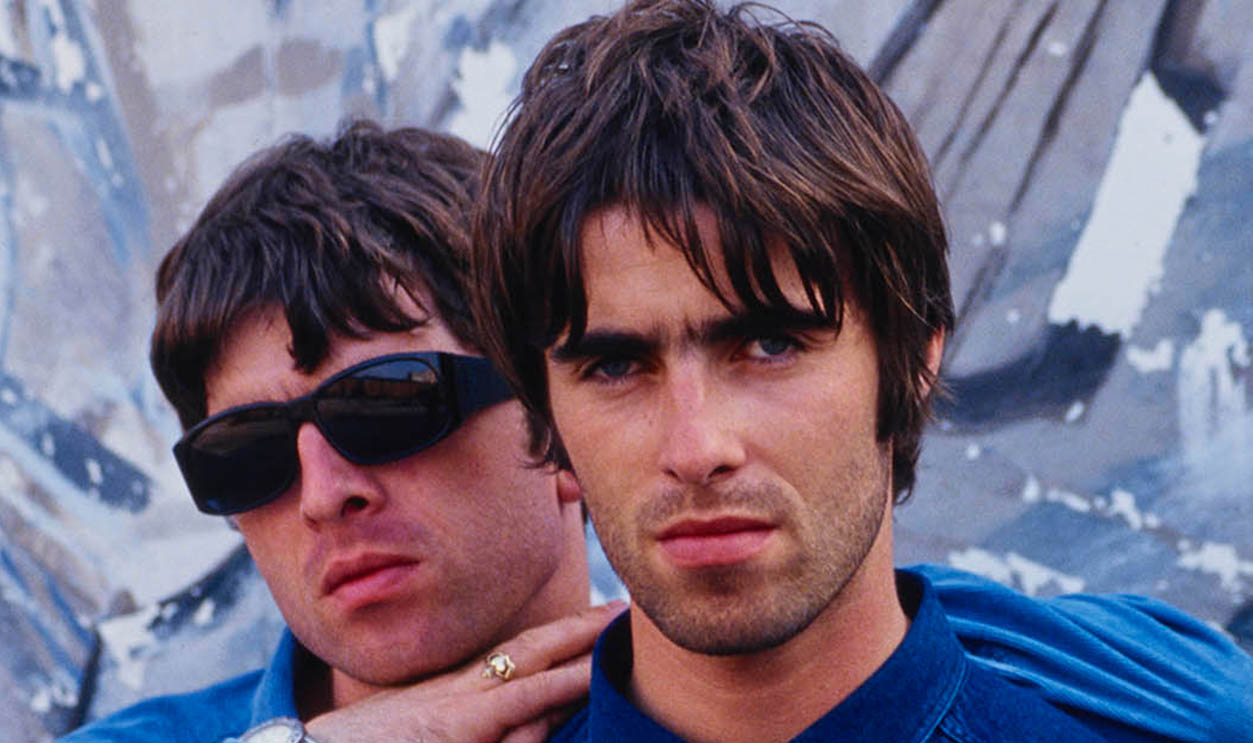When Hype Failed Reality
Some films have audiences lined up with sky-high hopes—then, after production and release, they walk out questioning every life choice that led to that ticket. It’s the cinematic whiplash we all know too well: hype meets heartbreak.
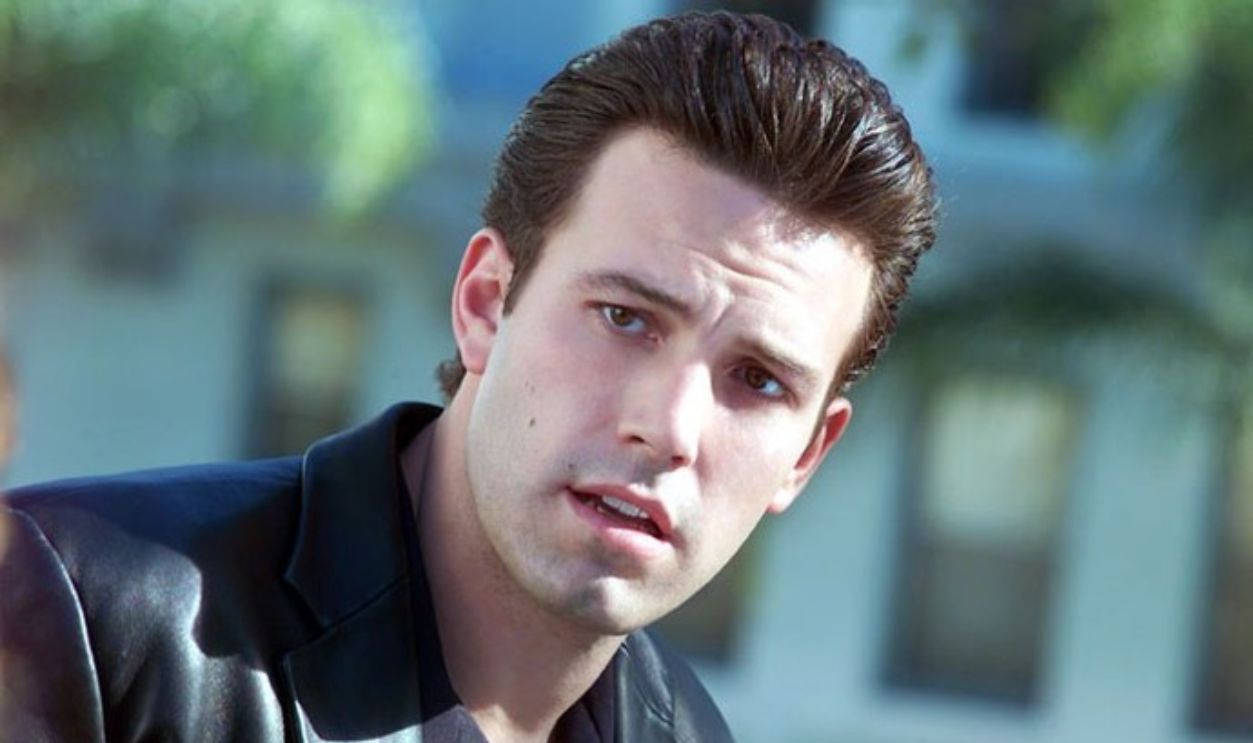
Battlefield Earth (2000)
L Ron Hubbard’s grand sci-fi vision crash-landed with Battlefield Earth, a film so clumsy it became an industry punchline. John Travolta’s zeal couldn’t save the tangled dialogue, canted camera angles, and disjointed pacing. Plus, critics obliterated it and gave it a 3% Rotten Tomatoes score.
 Screenshot from Battlefield Earth, Warner Bros. Pictures
Screenshot from Battlefield Earth, Warner Bros. Pictures
The Room (2003)
Written and produced by Tommy Wiseau, The Room became an icon of unintentional comedy and cinematic failure. Critics dismissed it as an artistic trainwreck, calling it unbearable to watch. Its sloppy editing and meaningless subplots only fueled the outrage.
 Screenshot from The Room, Chloe Productions
Screenshot from The Room, Chloe Productions
Gigli (2003)
Starring Ben Affleck and Jennifer Lopez, this 2003 romantic comedy became a punchline for cinematic disasters. Viewers loathed its dull chemistry, clumsy writing, and awkward tone, even calling it painfully unfunny. On top of that, it received a miserable 6% on Rotten Tomatoes.
 Screenshot from Gigli, Columbia Pictures
Screenshot from Gigli, Columbia Pictures
Catwoman (2004)
Catwoman was meant to reinvent a powerful icon, yet it strayed so far from the Batman universe that even loyal fans turned away. Critics shredded its dialogue and direction, and its flashy action couldn’t mask a hollow core. To add salt to the injury, Halle Berry even received her Razzie Award for Worst Actress.
 Screenshot from Catwoman, Columbia Pictures
Screenshot from Catwoman, Columbia Pictures
Movie 43 (2013)
Ambition met absurdity in Movie 43, a chaotic patchwork of sketches that promised outrageous comedy but delivered bewildered audiences instead. When the dust settled, the anthology walked away with three Golden Raspberry Awards, including the infamous Worst Picture.
 Screenshot from Movie 43, Relativity Media
Screenshot from Movie 43, Relativity Media
The Last Airbender (2010)
The Last Airbender was directed by M Night Shyamalan, who tried to bring the beloved animated series to life but stumbled on nearly every front. With a dismal 5% Rotten Tomatoes score, the movie became synonymous with squandered potential. All the grand plans for a trilogy vanished as quickly as fan enthusiasm.
 Screenshot from The Last Airbender, Paramount Pictures
Screenshot from The Last Airbender, Paramount Pictures
Jack And Jill (2011)
With a dismal 3% rating on Rotten Tomatoes, Jack and Jill stands as one of comedy’s most notorious failures. Adam Sandler took on both lead roles, portraying feuding twins whose antics quickly wore thin. Even Al Pacino’s self-mocking appearance couldn’t lift the relentless absurdity.
 Screenshot from Jack and Jill, Columbia Pictures
Screenshot from Jack and Jill, Columbia Pictures
Manos: The Hands Of Fate (1966)
Manos: The Hands of Fate became a haunting masterpiece of cinematic ineptitude, as it was shot on a camera that stopped every 32 seconds. Audiences quickly labeled it one of the worst films ever made, a title it still proudly carries with its 1.7/10 IMDb rating.
 Screenshot from Manos: The Hands of Fate, Sun City Films
Screenshot from Manos: The Hands of Fate, Sun City Films
Birdemic: Shock And Terror (2010)
This movie tried to echo Hitchcock’s The Birds, but fluttered into cinematic infamy with its laughable effects and stilted acting. Director James Nguyen’s low-budget vision became a masterclass in glorious failure—each attack scene so poorly rendered that it crossed into unintentional comedy.
 Screenshot from Birdemic: Shock and Terror, Severin Films
Screenshot from Birdemic: Shock and Terror, Severin Films
The Emoji Movie (2017)
This movie tried to turn digital symbols into an emotional adventure and ended up symbolizing everything wrong with modern animation. Critics slammed its recycled ideas and relentless product placements disguised as storytelling. The backlash was swift, to the point it earned it four Golden Raspberry Awards, one for Worst Picture.
 Screenshot from The Emoji Movie, Sony Pictures
Screenshot from The Emoji Movie, Sony Pictures
Showgirls (1995)
Glitter, ambition, and chaos collided in Showgirls, Paul Verhoeven’s infamous drama that promised glitz and delivered disaster. Fans expecting sleek glamor but instead found a spectacle of wooden dialogue and exaggerated performances. Lastly, seven Golden Raspberry Awards sealed its downfall, branding it a cinematic catastrophe.
 Screenshot from Showgirls, Metro-Goldwyn-Mayer (MGM)
Screenshot from Showgirls, Metro-Goldwyn-Mayer (MGM)
Plan 9 From Outer Space (1959)
Labeled “the worst movie ever made”, this movie stumbled through cardboard sets and an incoherent plot that defied logic. Bela Lugosi appeared briefly, though he’d passed away before filming finished, which is why his scenes were awkwardly replaced with a stand-in hiding behind a cape.
 Screenshot from Plan 9 From Outer Space, Distributors Corporation of America
Screenshot from Plan 9 From Outer Space, Distributors Corporation of America
Bolero (1984)
Directed by John Derek and starring his wife, Bo Derek, the film attempted to blend adventure with storytelling. Instead, audiences were met with stilted dialogue and languid pacing. Critics tore it apart, even crowning it with six Golden Raspberry Awards, which included Worst Picture.
 Screenshot from Bolero, Cannon Film Distributors
Screenshot from Bolero, Cannon Film Distributors
Swept Away (2002)
On a deserted island meant to spark passion, Swept Away found only ridicule. In this movie, the chemistry felt forced, which is why the film failed both critically and commercially. The result was five Golden Raspberry Awards. What should have been a love story became a cinematic shipwreck.
 Screenshot from Swept Away, Screen Gems
Screenshot from Swept Away, Screen Gems
I Know Who Killed Me (2007)
I Know Who Killed Me opened to an icy 9% rating on Rotten Tomatoes, a warning of the critical storm ahead. Released during Lindsay Lohan’s much-publicized personal struggles, the film’s overwrought tone left audiences baffled and earned it eight Golden Raspberry Awards.
 Screenshot from I Know Who Killed Me, TriStar Pictures
Screenshot from I Know Who Killed Me, TriStar Pictures
The Love Guru (2008)
Critics found this movie’s humor painfully forced, drenched in stereotypes that felt outdated rather than daring. Even Justin Timberlake’s quirky cameo as a rival hockey player couldn’t thaw the awkwardness. When the Golden Raspberry Awards rolled around, it collected three trophies as proof of its downfall.
 Screenshot from The Love Guru, Paramount Pictures
Screenshot from The Love Guru, Paramount Pictures
Alone In The Dark (2005)
A bleak 1% Rotten Tomatoes rating set the tone for Uwe Boll’s attempt at adapting the classic horror video game. What followed was a jumble of lifeless performances, incoherent action, and dim cinematography that drained every ounce of suspense from Christian Slater and Tara Reid’s efforts.
 Screenshot from Alone in the Dark, Lions Gate Films
Screenshot from Alone in the Dark, Lions Gate Films
Jaws: The Revenge (1987)
Revenge took an unlikely form in Jaws: The Revenge, where a great white shark inexplicably hunted the Brody family across the seas. The fourth installment of the franchise was torn apart for its illogical premise and cheap effects. Not even Michael Caine’s involvement could keep it afloat.
 Screenshot from Jaws: The Revenge, Universal Pictures
Screenshot from Jaws: The Revenge, Universal Pictures
Batman & Robin (1997)
Flashing lights and endless ice puns pushed Batman & Robin into cinematic infamy. George Clooney’s debut as the Caped Crusader was buried under neon chaos and cartoonish energy. Plus, Arnold Schwarzenegger’s Mr Freeze stole scenes for all the wrong reasons.
 Screenshot from Batman & Robin, Warner Bros. Pictures
Screenshot from Batman & Robin, Warner Bros. Pictures
Howard The Duck (1986)
Long before Marvel ruled the box office, Howard the Duck waddled into theaters and straight into disaster. Produced by George Lucas, the film’s odd blend of sci-fi and interspecies romance baffled viewers. Audiences tore into its confusing tone and lifeless jokes, declaring it one of Hollywood’s most expensive flops.
 Screenshot from Howard the Duck, Universal Pictures
Screenshot from Howard the Duck, Universal Pictures
Super Mario Bros (1993)
In the early 1990s, audiences expected magic when one of gaming’s most beloved duos hit the big screen. Instead, Super Mario Bros delivered a dystopian world drenched in grime and neon shadows. Inspired by Blade Runner, the film’s chaotic vision left fans wondering how plumbers became sci-fi rebels.
 Screenshot from Super Mario Bros., Buena Vista Pictures Distribution
Screenshot from Super Mario Bros., Buena Vista Pictures Distribution
BloodRayne (2005)
The 2005 fantasy action film tried to summon life from the game series but stumbled under wooden dialogue. Its uneven tone made it worse. Kristanna Loken led the charge as the half-vampire heroine, surrounded by a cast that strangely included Ben Kingsley and Meat Loaf—an unlikely pairing that couldn’t rescue its fading pulse.
 Screenshot from BloodRayne, Herold Productions
Screenshot from BloodRayne, Herold Productions
Dragonball Evolution (2009)
This live-action remake stripped away the manga’s soul to leave behind a hollow spectacle. Justin Chatwin’s Goku wandered through a world unrecognizable to fans, while watchers couldn’t decide if the script was parody or tragedy. Scoring a miserable 14% on Rotten Tomatoes, it became legendary for all the wrong reasons.
 Screenshot from Dragonball Evolution, 20th Century Fox
Screenshot from Dragonball Evolution, 20th Century Fox
After Earth (2013)
After Earth lulled audiences into stillness, not awe, as Will and Jaden Smith drifted through M Night Shyamalan’s emotionless wasteland. Billed as an interstellar survival saga, it turned into a lesson in monotony. Critics were merciless, calling it a “big-screen vanity project” built more to showcase stardom than to tell a story.
 Screenshot from After Earth, Columbia Pictures
Screenshot from After Earth, Columbia Pictures
Superbabies: Baby Geniuses 2 (2004)
Directed by Bob Clark, Superbabies: Baby Geniuses 2 is a 2004 sequel to Baby Geniuses. The film follows babies with superpowers who prevent an evil plot. It holds a 0% rating on Rotten Tomatoes and is consistently listed among the most hated and critically panned movies ever made.
 Screenshot from Superbabies: Baby Geniuses 2, Sony Pictures Entertainment
Screenshot from Superbabies: Baby Geniuses 2, Sony Pictures Entertainment
That's My Boy (2012)
Scoring 20% on Rotten Tomatoes, That’s My Boy hit theaters in 2012 with Adam Sandler and Andy Samberg portraying a strained father-son duo. Critics condemned its crude humor. Sandler’s role drew further attention when he received a Razzie nomination for Worst Actor that year.
 Screenshot from That’s My Boy, Sony Pictures Releasing
Screenshot from That’s My Boy, Sony Pictures Releasing
Disaster Movie (2008)
Stuffed with references to blockbusters like Cloverfield and Indiana Jones, this attempt at satire felt more like an endurance test than a comedy. Viewers and commentators agreed, rewarding it with a humiliating 1% on Rotten Tomatoes and a Golden Raspberry nomination for Worst Picture.
 Screenshot from Disaster Movie, Lionsgate Films
Screenshot from Disaster Movie, Lionsgate Films
Meet The Spartans (2008)
In the rush to ride 300’s success, this parody charged into battle armed with pop culture punchlines instead of strategy. Mocking everything from Spartan warriors to celebrity caricatures of Britney Spears and Paris Hilton, the chaos felt endless, which earned it a 2% Rotten Tomatoes rating.
 Screenshot from Meet the Spartans, 20th Century Fox
Screenshot from Meet the Spartans, 20th Century Fox
Epic Movie (2007)
What was meant to be a grand adventure through familiar fantasy worlds quickly became a chaotic mash-up of mismatched jokes and weary punchlines. Borrowing scenes from The Chronicles of Narnia and Harry Potter, it clearly replaced magic with mockery.
 Screenshot from Epic Movie, 20th Century Fox
Screenshot from Epic Movie, 20th Century Fox
Son Of The Mask (2005)
The chaos begins with a mischievous baby born under the spell of the Mask of Loki, yet the real trick is how completely the magic vanished. Featuring Jamie Kennedy and Alan Cumming, this sequel earned 6% on Rotten Tomatoes and became shorthand for how not to follow a beloved original.
 Screenshot from Son of the Mask, New Line Cinema
Screenshot from Son of the Mask, New Line Cinema
The Wicker Man (2006)
Once promoted as a modern retelling of a cult classic, this remake quickly became a benchmark for cinematic failure. Nicolas Cage’s exaggerated delivery, particularly the “Not the bees!” outburst, turned a serious horror moment into viral internet satire, sealing the movie’s reputation as unintentionally comedic.
 Screenshot from The Wicker Man, Warner Bros. Pictures
Screenshot from The Wicker Man, Warner Bros. Pictures
Ballistic: Ecks Vs Sever (2002)
Ballistic: Ecks vs Sever aimed for a high-stakes spy showdown but crashed spectacularly. Starring Antonio Banderas and Lucy Liu as rival agents, the film earned an unforgiving 0% on Rotten Tomatoes, as critics condemned its incoherent plot and boring characters.
 Screenshot from Ballistic: Ecks vs. Sever, Warner Bros. Pictures
Screenshot from Ballistic: Ecks vs. Sever, Warner Bros. Pictures
The Happening (2008)
This movie brought together M Night Shyamalan, Mark Wahlberg, and Zooey Deschanel in a plot that followed plants releasing airborne toxins. Despite its ambitious premise, the movie later earned four Golden Raspberry Award nominations, and this solidified its legacy as a misfire.
 Screenshot from The Happening, 20th Century Fox
Screenshot from The Happening, 20th Century Fox
From Justin To Kelly (2003)
From Justin to Kelly tried to capitalize on the fame of American Idol winners Kelly Clarkson and Justin Guarini, but the result became a musical disaster. Kelly Clarkson later expressed regret for taking part in the project, and she even distanced herself from its failure.
 Screenshot from From Justin to Kelly, 20th Century Fox
Screenshot from From Justin to Kelly, 20th Century Fox
Glitter (2001)
Introducing Mariah Carey to the big screen in her first major film role, this movie quickly spiraled into cinematic infamy. Its melodramatic script and uneven performances overshadowed Carey’s musical talent and earned her a Razzie nomination for Worst Actress.
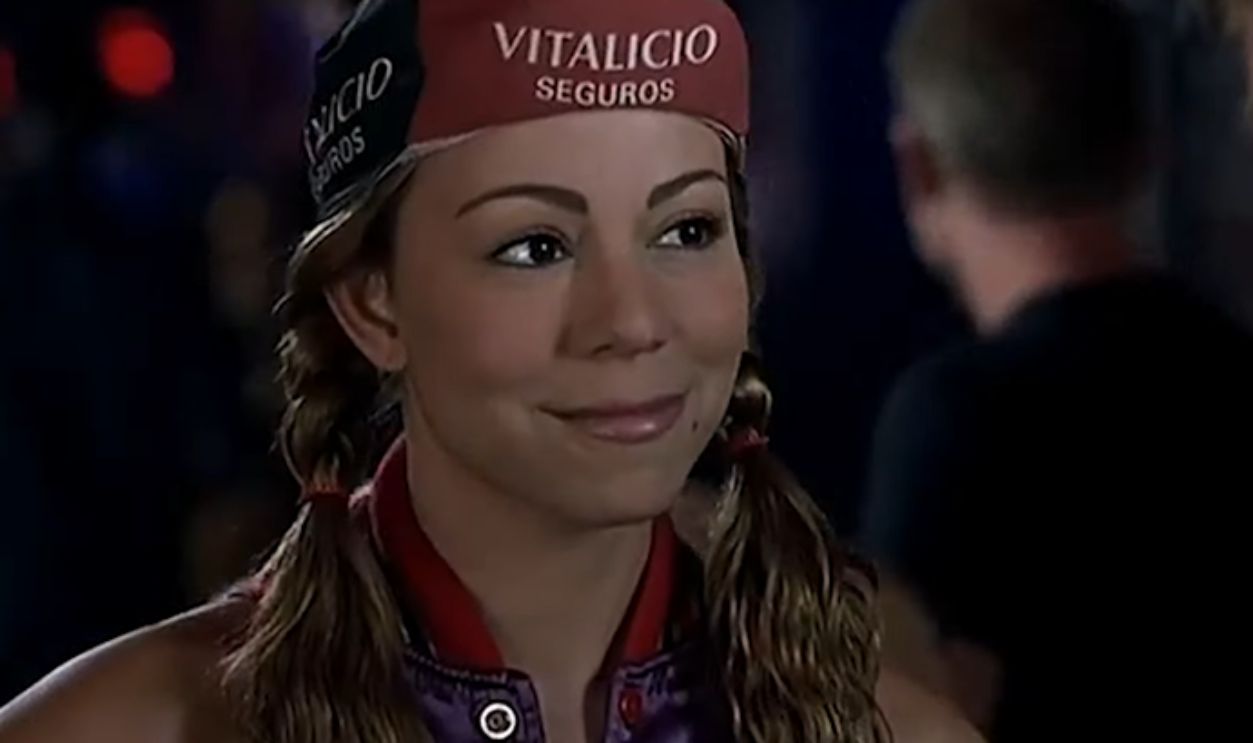 Screenshot from Glitter, 20th Century Fox
Screenshot from Glitter, 20th Century Fox
The Master Of Disguise (2002)
Comedy can be a tricky business—too much energy and it turns into chaos, too little and it dies flat. The Master of Disguise (2002) somehow managed both extremes at once. With humor so forced it felt like an endurance test, this so-called “master” ended up disguising comedy itself.
 Screenshot from The Master of Disguise, Sony Pictures Releasing
Screenshot from The Master of Disguise, Sony Pictures Releasing
The Adventures Of Pluto Nash (2002)
Eddie Murphy’s lunar nightclub dream turned into one of Hollywood’s most expensive jokes, losing a cosmic $90 million. Critics gave it a chilly reception, too, with only 6% of Rotten Tomatoes critics finding nothing redeemable. Between lifeless humor and dialogue that defied gravity, the film’s legacy became a “career hazard”.
 Screenshot from The Adventures Of Pluto Nash, Warner Bros. Pictures
Screenshot from The Adventures Of Pluto Nash, Warner Bros. Pictures
Norbit (2007)
Audiences expected laughs, but Norbit delivered winces instead. Eddie Murphy juggled multiple roles with the enthusiasm of a man trapped in his own sketch show. This resulted in eight Razzie nominations. The humor landed with the grace of a brick, drawing fire for its offensive caricatures and lazy stereotypes.
 Screenshot from Norbit, Paramount Pictures Corporation
Screenshot from Norbit, Paramount Pictures Corporation
Date Movie (2006)
Meant to spoof beloved rom-coms like My Big Fat Greek Wedding and Meet the Parents, this movie instead mocked the patience of viewers. With jokes stretched thinner than a wedding veil and timing that made awkward silences feel intentional, critics quickly sent it to cinematic exile, with a 7% Rotten Tomatoes score.
 Screenshot from Date Movie, 20th Century Fox
Screenshot from Date Movie, 20th Century Fox
Leonard Part 6 (1987)
Leonard Part 6 (1987) arrived with a title suggesting five missing prequels—mercifully, they never existed. Bill Cosby’s retired spy-turned-restaurateur faced a villain who weaponized animals, but the real casualty was comedy itself. Critics pounced to award it a feeble 7% on Rotten Tomatoes. Cosby himself begged people not to watch it.
 Screenshot from Leonard Part 6, Columbia Pictures
Screenshot from Leonard Part 6, Columbia Pictures
Baby Geniuses (1999)
The idea of hyper-intelligent toddlers could have been cute, yet it quickly devolved into a festival of cringe. With CGI mouths flapping nonsense and dialogue that felt written by the infants themselves, critics sharpened their rattles. A dismal 7 on Metacritic and near-universal ridicule sealed its legacy.
 Screenshot from Baby Geniuses, TriStar Pictures
Screenshot from Baby Geniuses, TriStar Pictures
The Garbage Pail Kids Movie (1987)
Some childhood memories should’ve stayed locked in the toy box, but The Garbage Pail Kids Movie (1987) clawed its way out, dragging pure nightmare fuel with it. The film earned three Golden Raspberry nominations—including Worst New Star for its entire mutant ensemble—yet mercifully lost them all.
 Screenshot from The Garbage Pail Kids Movie, Topps Chewing Gum
Screenshot from The Garbage Pail Kids Movie, Topps Chewing Gum
Mac And Me (1988)
Ostensibly about a boy befriending a stranded alien, this movie quickly turned into a McDonald’s commercial with occasional plot interruptions. Ronald McDonald practically deserved co-star billing. People weren’t lovin’ it—Rotten Tomatoes gave it a 7%, while audiences wondered if the toy tie-ins had written the script.
 Screenshot from Mac and Me, Metro‑Goldwyn‑Mayer
Screenshot from Mac and Me, Metro‑Goldwyn‑Mayer
Troll 2 (1990)
Directed by Claudio Fragasso, Troll 2 boldly titled itself a sequel to a film it had nothing to do with and then forgot to include any actual trolls. Instead, viewers got vegetarian goblins, wooden dialogue, and logic that dissolved faster than its victims.
 Screenshot from Troll 2, Epic Productions
Screenshot from Troll 2, Epic Productions

